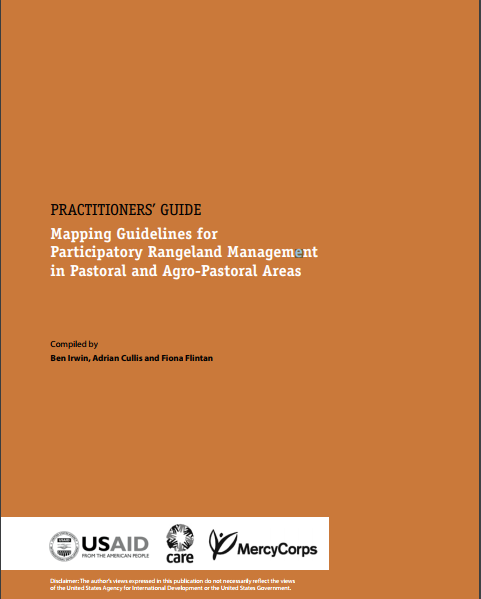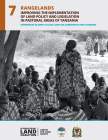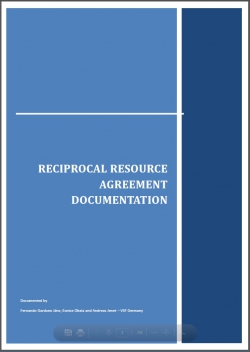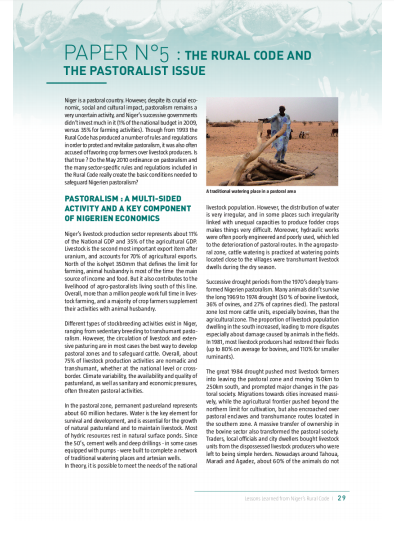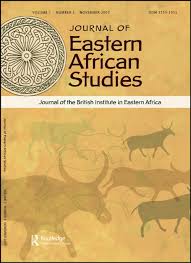PRACTITIONERS’ GUIDE Mapping Guidelines for Participatory Rangeland Management in Pastoral and Agro-Pastoral Areas
This Practitioners’ Guide provides the step-by-step instructions and checklists that will guide a mapping team through a mapping exercise.

